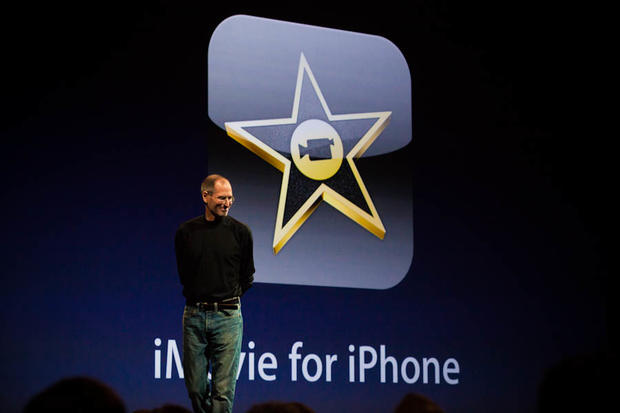Apple: Blowout Today, New Questions for Tomorrow
Oh, to have Apple Inc.'s kind of problem, the Wall Street Journal asks (rhetorically). Indeed, following the company's earnings report later this afternoon, another big quarter seems likely.
At this point, Apple is executing on all fronts. Despite well-chronicled iPhone 4 antenna design problems and the lingering absence of a white version of the smartphone, analysts expect Apple will report sales of approximately 11 million iPhones in the quarter (not to mention 4.7 million iPads.) Also, demand for its flagship Mac computer hasn't been hurt in any significant way by the economy. Apple's now the third-biggest PC seller in the U.S.
Gene Munster, of Piper Jaffray, notes that "the magnitude of upside" might be limited because of supply constraints on the iPhone and iPad. "On the earnings call, we expect management to explain that demand outstripped supply, so even if there is not substantial unit upside, the results will still be a positive for the stock, because investors will know the reported numbers do not reflect true demand. Because of strong demand and expected backlog heading into the Dec. quarter, we believe Apple will guide revenue more optimistically than typical guides."
Bottom line: Despite the usual nit-picking, Apple will still waltz away with an A for the quarter. At this point, the big question for the company is a topic not likely to take up a lot of time during the conference call later this afternoon: the future. As CNET's Erica Ogg notes, the looming challenge Google's Android operating system poses to Apple in the smartphone business.
"The holidays are approaching, and the competition between Apple's iOS and Android is getting tighter and even more fascinating. The biggest question now is not will Android eventually catch Apple in terms of market share, but will Apple be able to keep up?"
Under Steve Jobs (second) stint as CEO, Apple has nearly always managed to answer would-be challengers. But this time, things are different and the success enjoyed by Android is a potential game-changer. More Android phones are now getting bought in the U.S. than iPhones and barring the unforeseen, analysts say that iPhone's once seemingly insurmountable lead will disappear sometime next year.
And that makes the company's decision to maintain proprietary control over its various product lines that much more intriguing.
The New York Times reaches back in computer industry history to point out an eerie resemblance: Apple wound up badly battered in the early and mid-1980s when a myriad of PC clone makers, using off-the-shelf technologies offered by Intel and Microsoft, emerged dominant. The Times asks the right question: Two decades later, can proprietary trump open?
"This is a really big strategic question," Toni Sacconaghi, an analyst with Sanford C. Bernstein and Company told the Times. "No one knows whether openness will ultimately prevail as it did on the PC."
Not surprisingly Apple declined to comment on the issue. But file this one under the "Check Back Tomorrow" file.
